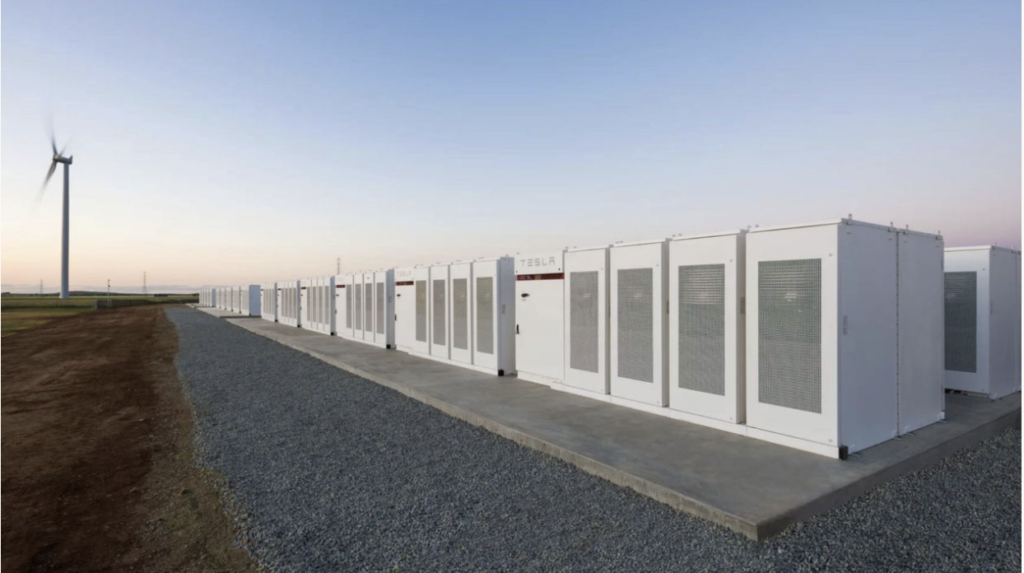Growth and Potential of the Grid-Scale Battery Market in Japan
Growth and Potential of the Grid-Scale Battery Market in Japan
In Japan, where the expansion of renewable energy is progressing, grid-scale batteries that support the stable supply of energy are becoming increasingly important. Renewable energy sources such as solar and wind power are characterized by unstable generation, and technology to smooth out fluctuations in output is essential. At the core of this technology are grid-scale batteries, which absorb excess power during off-peak times and compensate for shortages during peak times, playing a key role in balancing supply and demand.
The Japanese government has set forth policies aimed at achieving carbon neutrality by 2050, and in line with this, the adoption of renewable energy is accelerating. However, as renewable energy increases, issues related to grid stability are becoming more serious, and grid-scale batteries are being increasingly recognized as an indispensable part of infrastructure. Particularly, Japan’s 2022 “6th Basic Energy Plan” recommends the large-scale introduction of grid-scale batteries, with expectations for further technological development and cost reduction.
Currently, the grid-scale battery market in Japan is experiencing rapid growth. The market size in 2022 was approximately 10 billion yen, and it is predicted to exceed 60 billion yen by 2030. This growth is driven by the rapid increase in renewable energy and the accompanying need for measures to manage output control. Electric power companies, such as Kyushu Electric Power, have implemented output restrictions due to the sharp increase in renewable energy, and large-scale battery systems are essential for maintaining the supply-demand balance. In regions like Hokkaido, where wind power is expanding, and Kyushu, where solar power is advancing, large-scale introduction of grid-scale batteries is underway.
Significant advancements are also being seen on the technical side. While lithium-ion batteries have been the mainstream for grid-scale storage, next-generation technologies such as solid-state batteries and flow batteries are now drawing attention. Solid-state batteries, with their high energy density and safety, are expected to outperform traditional lithium-ion batteries and represent the next breakthrough in the battery market. Meanwhile, flow batteries are well-suited for large-scale energy storage and are considered promising for cases where long-term energy supply is needed. The widespread adoption of these new technologies is expected to reduce costs and improve system efficiency, further driving growth in the Japanese market.
The expansion of the grid-scale battery market also requires advanced control technologies that utilize AI and big data. For example, by introducing AI-based supply and demand forecasting algorithms, the timing of energy supply and demand can be optimized in real-time, enabling efficient energy management. Battery Plus offers unique AI solutions in this field, helping businesses and municipalities make the most of renewable energy. Specifically, they offer services that combine advanced algorithms for predicting energy supply and demand with remote real-time monitoring technology, enabling both energy cost reductions and grid stabilization.
Additionally, the future expansion of the grid-scale battery market will be greatly influenced by the demand from regions and companies aiming for energy self-sufficiency. In regions like Hokkaido and Kyushu, where renewable energy adoption is advancing, efforts to improve energy self-sufficiency are underway, and the role of batteries will become even more important. For companies and municipalities, the introduction of grid-scale batteries will not only improve energy efficiency but also become a cornerstone of sustainable energy strategies.
The grid-scale battery market in Japan is expected to experience remarkable growth over the next decade, supported by technological innovations and policy measures. Battery Plus will continue to capture market trends and contribute to building a sustainable energy future by providing innovative battery solutions.

